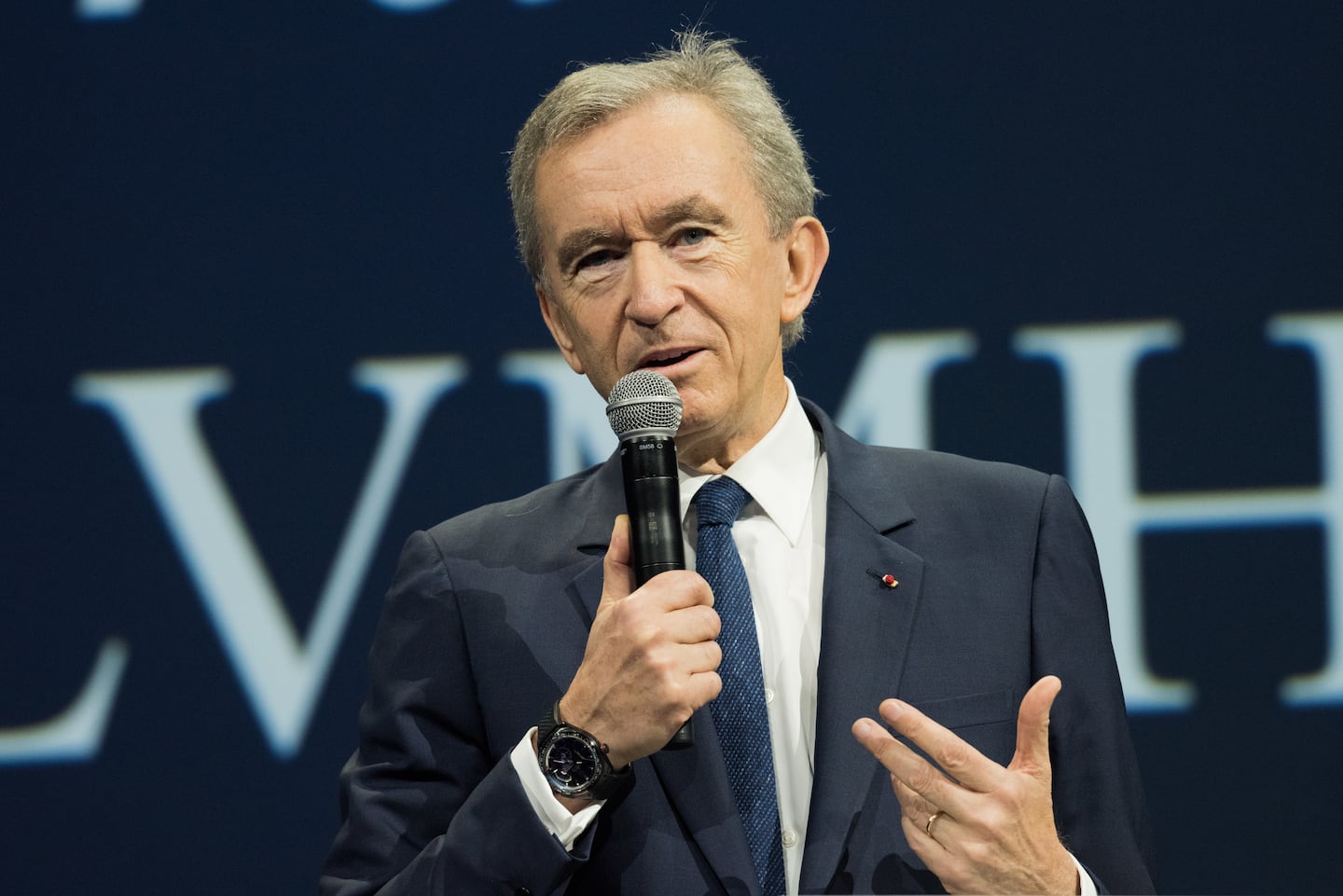
The Business of Fashion
Agenda-setting intelligence, analysis and advice for the global fashion community.

Agenda-setting intelligence, analysis and advice for the global fashion community.

Bernard Arnault, the chairman of French luxury conglomerate LVMH and Europe’s wealthiest person, is in no hurry to sell virtual fashion. But he says he is monitoring developments in the space, and is interested in the potential applications of NFTs.
“At present we’re in the real world selling real products. Surely it’s captivating, it’s interesting, it’s fun. But we have to see what the application of the metaverse and these NFTs will be,” Arnault said during his annual presentation to investors. The brands he controls include Louis Vuitton, Dior, and Tiffany.
The metaverse, an umbrella term for an array of immersive online interfaces being developed, and in which cryptocurrency and blockchain typically play a central role, was one of 2021′s hottest buzzwords.
”It could surely have a positive impact on our brands — if it’s well done,” he continued. “But it’s not our objective to sell virtual sneakers for 10 euros. We’re not into that. But there may be more relevant applications.”
ADVERTISEMENT
That comment seemed like a not-so subtle dig at Louis Vuitton’s longtime rival Gucci, which has been an early mover in the metaverse, selling $12 virtual sneakers on the app Wanna and staging brand activations on virtual reality and gaming interfaces including Roblox and the Sims.
Arnault sounded a note of caution about the metaverse, evoking the early 2000s dot com bubble as a reason not to rush into the virtual space. “That was a bubble that burst. There were all sorts of things cropping up left, right, and centre,” he said. “There were quite a few Facebooks, but only one pulled through.”
Learn more:
Dematerialisation: Why the Metaverse Is Fashion’s Next Goldmine
Physical and digital worlds merge in the Metaverse. Can the luxury world dematerialise into the virtual space fast enough to attract eager customers — and their avatars?
Disclosure: LVMH is part of a group of investors who, together, hold a minority interest in The Business of Fashion. All investors have signed shareholder’s documentation guaranteeing BoF’s complete editorial independence.
The designer has always been an arch perfectionist, a quality that has been central to his success but which clashes with the demands on creative directors today, writes Imran Amed.
This week, Prada and Miu Miu reported strong sales as LVMH slowed and Kering retreated sharply. In fashion’s so-called “quiet luxury” moment, consumers may care less about whether products have logos and more about what those logos stand for.
The luxury goods maker is seeking pricing harmonisation across the globe, and adjusts prices in different markets to ensure that the company is”fair to all [its] clients everywhere,” CEO Leena Nair said.
Hermes saw Chinese buyers snap up its luxury products as the Kelly bag maker showed its resilience amid a broader slowdown in demand for the sector.